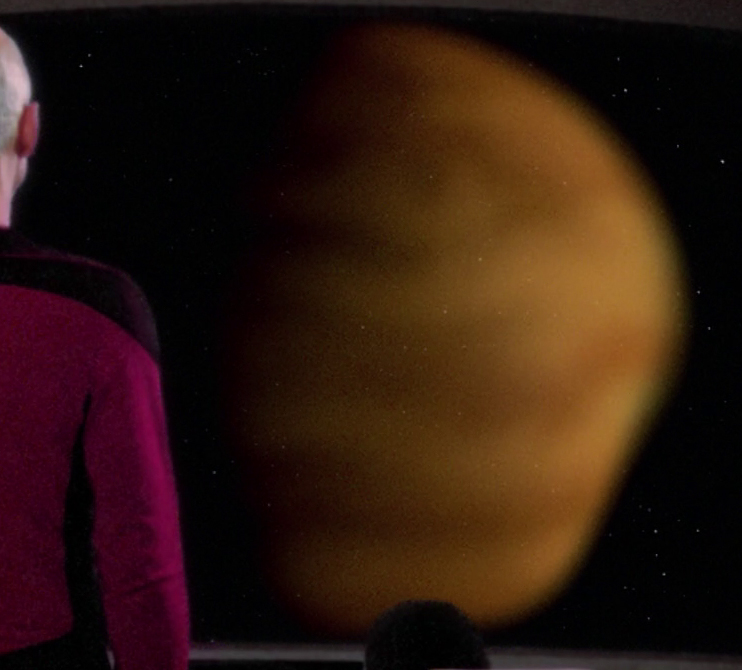Well ok, things don't look so bad according to that chart. But most of the others I've seen over the years are more like these ones, where the territories seem a lot more expansive:
http://i.stack.imgur.com/LSznY.jpg
https://upload.wikimedia.org/wikipedia/commons/9/97/Galactic_Quadrant_Star_Trek.png
And regardless, there's still a huge freakin universe out there to explore... where we don't have to have repeated runins with rogue Klingons or Borg or Vulcans all the time.
Honestly, I mean no offence to anyone, but whoever made those maps was waaaaaaaaay out.
The one where the galaxy is utterly covered by political powers is utterly absurd - I understand some really Z-canon sources like certain card games and stuff may have depicted this, but most people are of the opinion that the Federation is a small entity, nothing remotely like the huge galaxy-sized empires of Star Wars, Foundation or Warhammer 40,000.
The best site I've ever found that collates geographic information in a similar way to how Ex Astris Scientia does starships, is this one:
http://www.stdimension.org/int/Cartography/federation.htm
Its is by far the most consistent with evidence - and it depicts the Federation as tiny.
Q: Why do some episodes suggest a Federation about 150 ly wide, when First Contact said "spread over 8000 ly"?
A: Because the furthest scientific outposts are that far, but core member worlds are within a 150 ly core. In one episode of DS9 it is stated that a ship can circle the Federation in just 90 days at high warp - suggesting a perimeter of perhaps 300 ly and a diameter of perhaps 100 ly.
Q: Why does the Federation seemingly have a presence on distant stars like Deneb?
A: In space, political territory is not contiguous, so the Federation has occasionally attracted distant members well beyond the Federation's core, or the Romulan/Klingon empires. Effectively, it has multiple small cores scattered very far out, like the USA controls small pacific islands.
It actually fits everything we have seen PERFECTLY.




